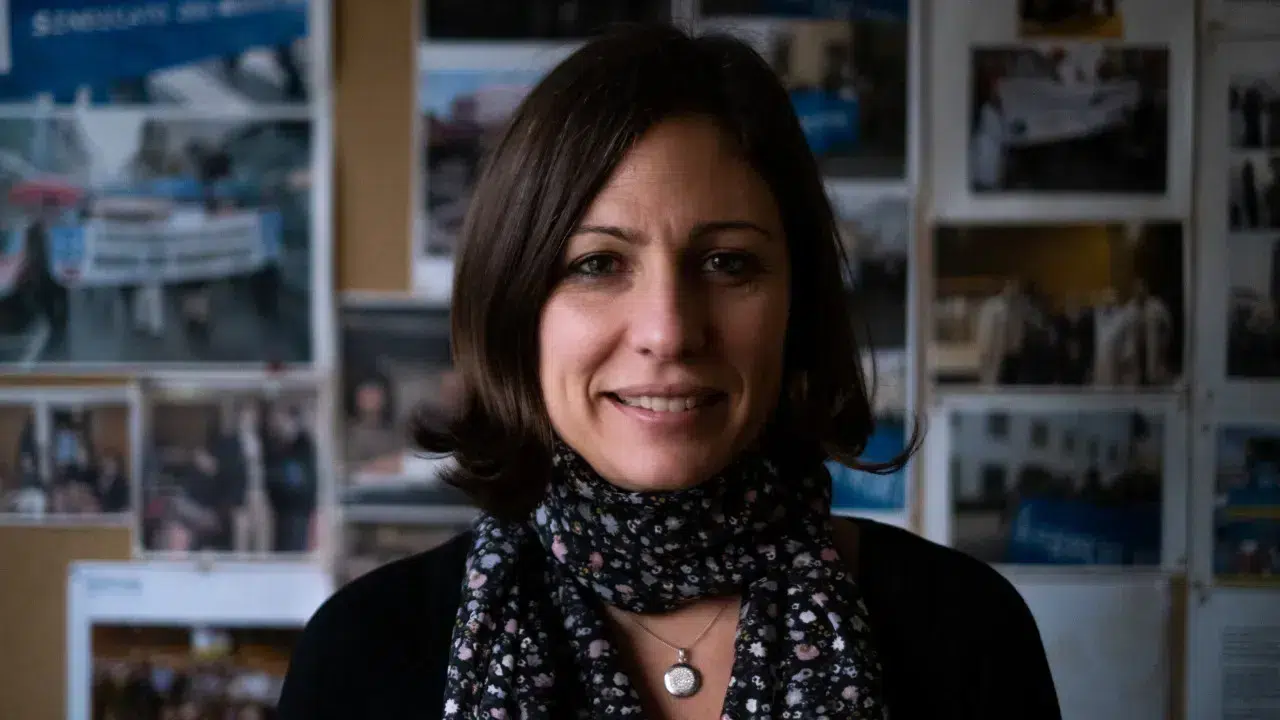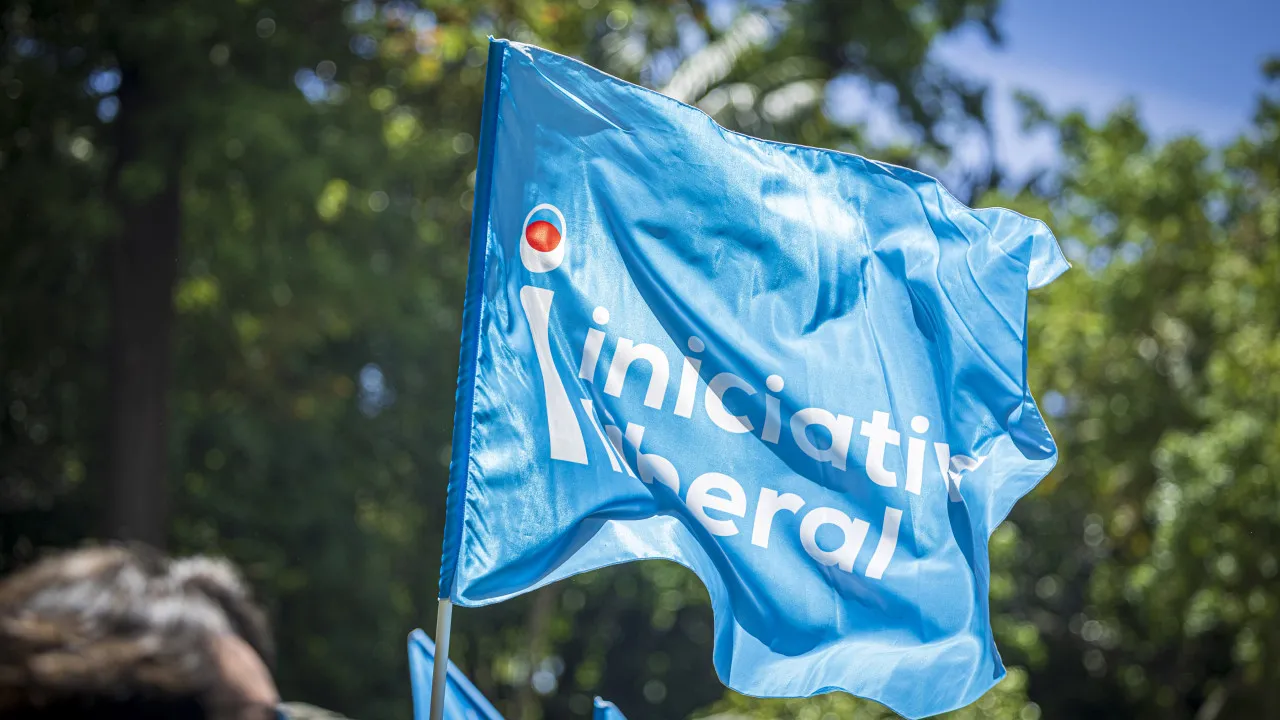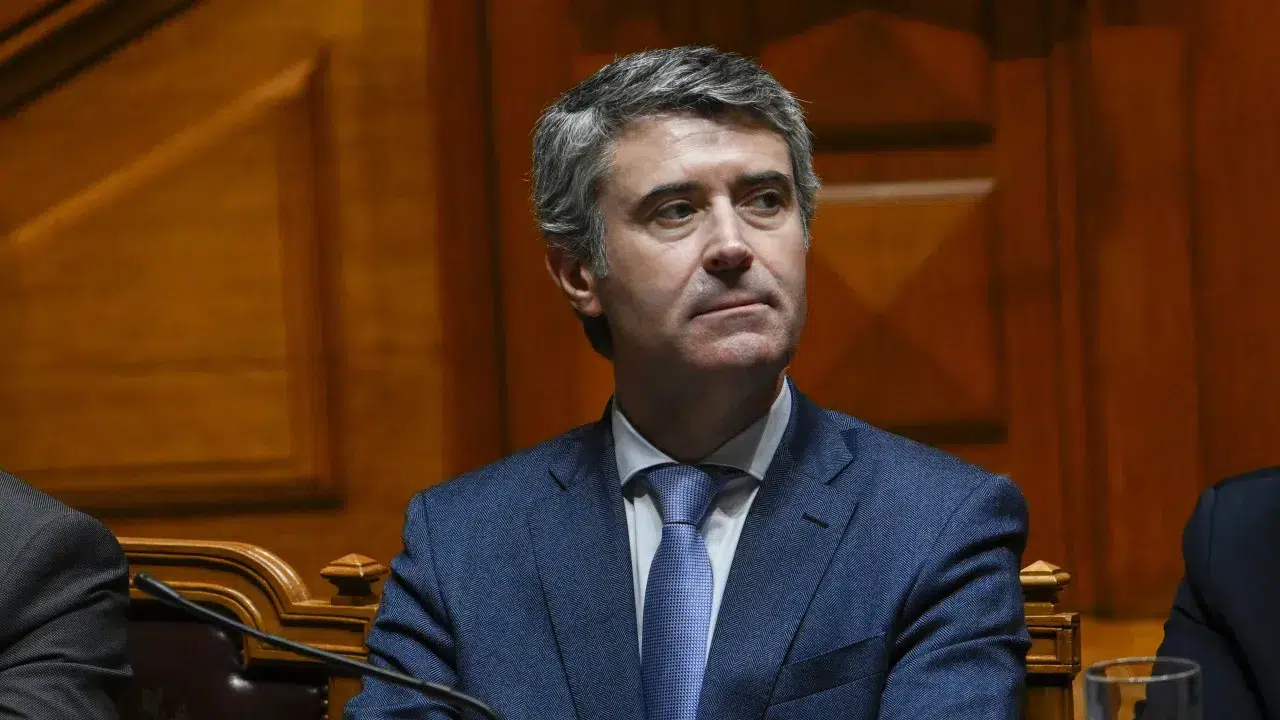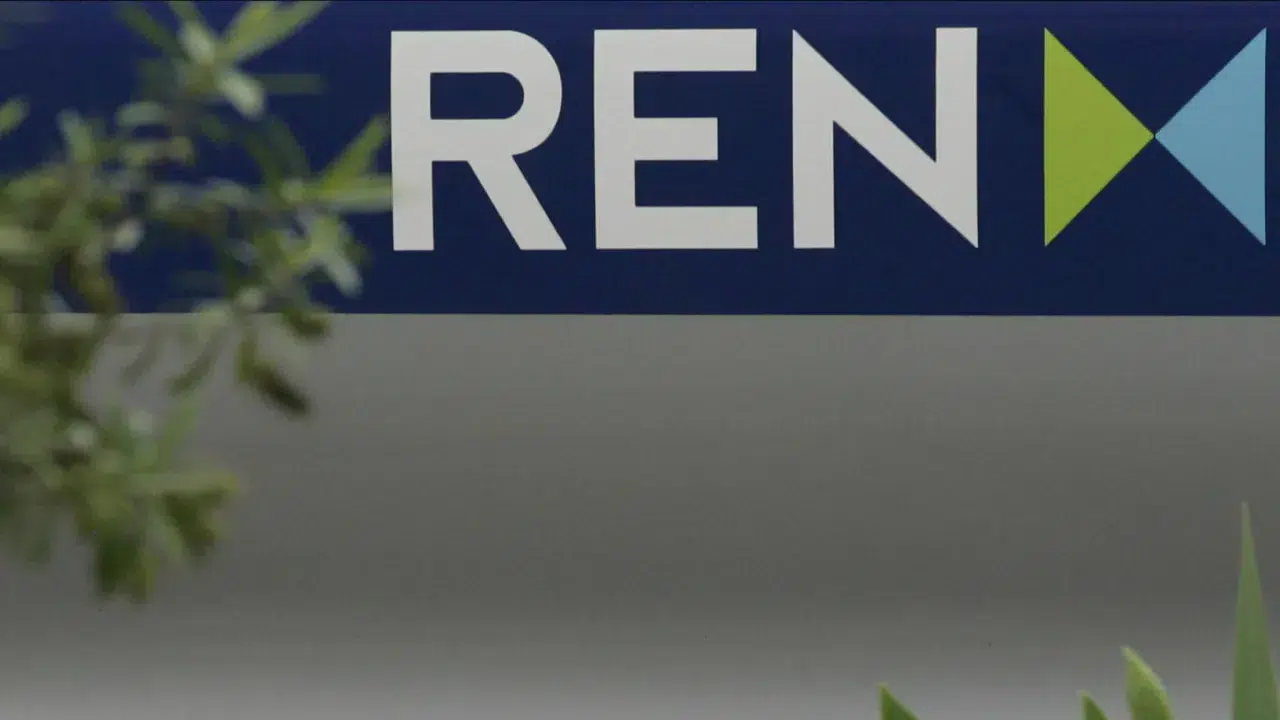“Chega has decided to exceptionally resort to a mechanism to which it is entitled under the regulations, which is the establishment of an eventual parliamentary commission” to “ascertain and prevent government interference in banking and the financial system,” the leader of Chega said in statements to journalists in Parliament.
André Ventura indicated that this eventual commission “will be potestatively proposed by Chega” and will have “four major objectives”.
“To analyze the accusations of abusive interference in banking in recent years, to review the legislation in the area of financial regulation and its autonomy, hearings with specialists, with the current and former governors and deputy governors of the Bank of Portugal, namely Carlos Costa, to learn in his own parliamentary seat the complaints, the accusations and what he said in his book of interference of this or another prime minister and propose new investigations, both to the Public Ministry and to parliament,” he listed.
André Ventura also indicated that Chega will propose that the first hearing be that of the former governor of the Bank of Portugal, Carlos Costa.
The leader of Chega also criticized the position of the PSD, accusing the party led by Luis Montenegro of “political inertia” for indicating that it will “give a second chance” to Prime Minister António Costa to answer all the questions that the Social Democrats have asked him about the case involving Angolan businesswoman Isabel dos Santos and the process of resolution and sale of Banif, and not move forward to a parliamentary commission of inquiry.
“We gave the PSD all the conditions to take this path, to take this role. They chose not to do it, to give PSD second, third, and fourth chances, even when it was clear that the socialist government did not want to answer to anything and was going to use all the mechanisms it has to evade its responsibility, that’s why we decided not to wait any longer”, he criticized.
According to the Rules of Procedure of the Assembly of the Republic, ad hoc parliamentary committees may be set up “for any specific purpose” and are responsible for “examining the matters for which they are set up, submitting the respective reports within the deadlines set” by parliament.
“The initiative to set up ad hoc parliamentary committees, except those of inquiry, may be exercised by a minimum of 10 members or by a parliamentary group,” it also states.
Chega had already proposed the establishment of a parliamentary commission of inquiry to evaluate “the Prime Minister’s possible political interference” with the former governor of the Bank of Portugal “to protect the daughter of the President of Angola,” but the proposal was rejected in mid-December with the proponent party and IL voting in favor, PSD and PAN abstaining, and PS, PCP, BE, and Livre voting against.
FM (SMA) // JPS








